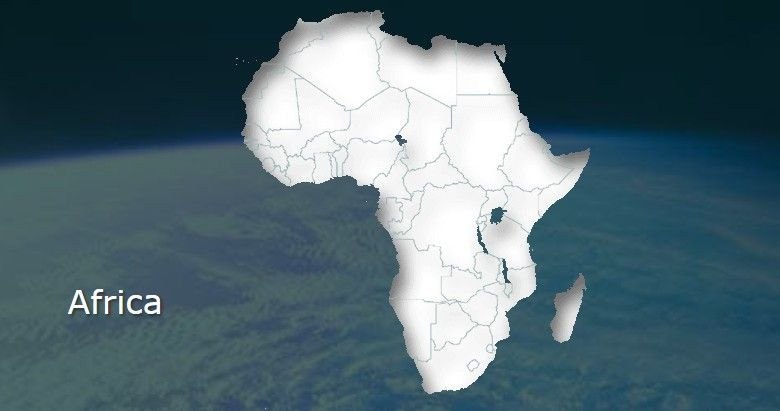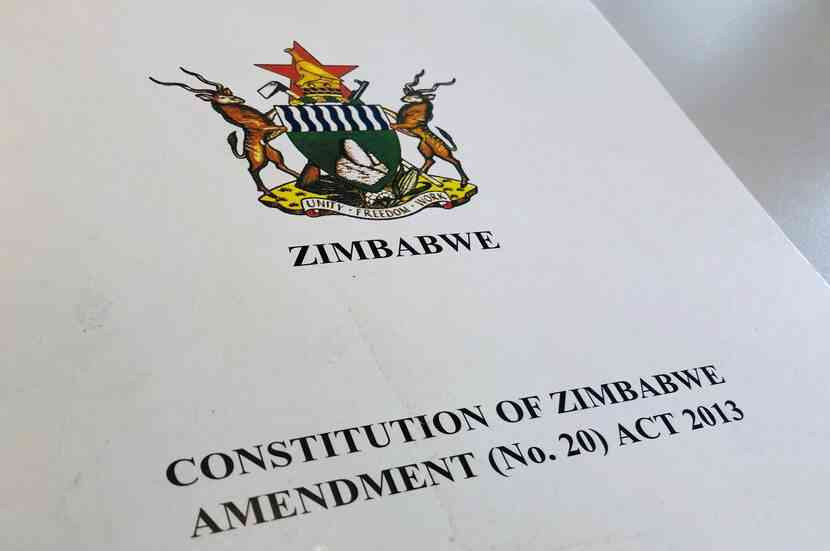
As the push for sustainable development grows stronger across Africa, the migration of people and the mobility of factors are taking center stage in discussions about economic resilience.
With millions leaving their home countries in search of better opportunities, the challenge lies not just in managing this outflow but in strategically leveraging it to bolster domestic economies.
Adopting policies that retain and utilise capital effectively, mitigate brain drain, attract foreign direct investment (FDI), and harness remittances, African nations can enhance their economic complexity and carve out pathways to sustainable growth.
Migration is both a symptom and a solution in Africa’s quest for development.
This phenomenon is not unique to African countries alone ; it's part of a broader trend where entire communities pool their resources to facilitate migration, hoping to yield significant financial returns when family members secure jobs abroad.
Recent estimates suggest that over thirty million people are smuggled across international borders every year, often driven by the desperation of impoverished conditions in their home countries.
In Zimbabwe, it is estimated that there are over three million immigrants in South Africa and abroad, along with an additional four to five million dependent children.
As South Africa grapples with its own economic challenges, the growing influx of Zimbabwean immigrants has ignited a complex debate about labour, resources, and national identity.
- Open letter to President Mnangagwa
- Feature: ‘It’s worse right now than under Mugabe’: Sikhala pays the price of opposition in solitary cell
- Masvingo turns down fire tender deal
- Human-wildlife conflict drive African wild dogs to extinction
Keep Reading
This investigation delves into the intricacies of the immigration crisis, revealing how the economic tensions between these neighboring countries are reshaping their socio-political landscape.
Over the past decade, Zimbabwe has faced significant political and economic turmoil, marked by hyperinflation, unemployment, and social unrest.
According to the World Bank, as of 2021, Zimbabwe's GDP per capita was approximately US$1,200, a stark contrast to South Africa’s figure of US$5,900.
As these disparities continue, thousands of Zimbabweans have sought refuge in South Africa, viewed as a land of opportunity despite its own economic woes
Recent statistics from South Africa’s Department of Home Affairs indicate there are over two million Zimbabwean migrants currently residing in the country.
Many come through informal channels, driven largely by the hope of securing a better life.
However, this influx has led to increased competition for jobs, straining an already challenged economy and igniting tensions among local communities.
Zimbabwe has witnessed a significant outflow of its citizens in search of better opportunities abroad, particularly in neighboring countries , where it is estimated that over three million Zimbabweans have settled.
On the other hand this exodus has not only created a diaspora of skilled and unskilled workers contributing to the economies of their host countries but has led to substantial remittances being sent back home—over US$1 billion in the past year alone.
This influx of foreign funds provides much-needed relief for families back in Zimbabwe, helping to stimulate local economies through increased consumer spending.
"Remittances are a lifeline for many families here in Zimbabwe," says Dr. Tinashe Moyo, an economist at the University of Zimbabwe.
"They not only support households but also contribute to small businesses and create jobs. The impact is far-reaching."
The impact of remittances sent back home cannot be understated. Many families rely on these funds for daily expenses, healthcare, and education.
In a nation where more than 70% of the population lives below the poverty line, these financial lifelines are crucial for economic survival. The World Bank estimates that remittances contribute over 10% of Zimbabwe's GDP, playing a critical role in stabilizing the local economy
Diaspora remittances grew by 7,5% to US$165 million in February this year, up from US$153,8 million in the same month last year, remaining a key source of foreign currency inflows supporting the economy.
According to the Reserve Bank of Zimbabwe (RBZ), diaspora remittances have consistently played a vital role in bolstering the country’s economy, contributing significantly to the nation’s total foreign currency inflows.
To Zimbabwe’s dismay, the country continues to suffer brain drain where the highly educated and skilled leave for the United Kingdom and other countries in search of the so-called greener pastures.Zimbabwe is losing doctors, engineers, professors and other skilled professionals and this is definitely detrimental to the country.
The presence of Zimbabwean immigrants in South Africa has fostered mixed reactions. Proponents argue that immigrants fill essential roles in various sectors, such as agriculture, construction, and healthcare, where South African workers are often reluctant to take on lower-paying jobs.
“Zimbabweans are a vital part of the labor force, especially in sectors struggling with high vacancy rates”.
In response to these mounting concerns, the South African government has implemented various measures aimed at regulating immigration while seeking to addr-0ess local unemployment.
The introduction of stricter border control policies and the controversial 'Zimbabwean Exemption Permit', which offers temporary legal status to Zimbabweans, have drawn both support and criticism.
Economic analyst Lesego Ramaphosa argues that the government’s approach has been reactionary rather than strategic.
“Instead of fostering collaboration with Zimbabwe, we are erecting walls. A more effective solution would be to engage in bilateral discussions that address the root causes of migration,” he suggests.
Conversely, despite these contributions, the narrative surrounding this phenomenon is not solely positive.
The rapid influx of immigrants has led to heightened competition for jobs, resources, and public services, often resulting in tensions between locals and newcomers.
There are growing concerns regarding illegal immigration and the strain it places on an already fragile economy.
The narrative surrounding immigration between South Africa and Zimbabwe is often polarized, with debates framing migrants as either a burden or a boon.
However, both perspectives have merit. For instance, while the influx of Zimbabweans exacerbates competition for resources, it also contributes significantly to sectors of the economy.
The challenge lies in developing a comprehensive immigration strategy that balances the interests of local citizens with the humanitarian needs of migrants.
Moreover, the historical ties between the two countries complicate the situation further. With intertwined cultures and familial connections crossing borders, the topic of immigration is not merely economic but deeply personal for many.
To combat these issues, African nations must develop comprehensive policies to retain domestic talent while strategically attracting foreign investment.
Initiatives could include creating better job opportunities, improving working conditions, and providing incentives for returning migrants who can bring back skills and capital.
Countries like Rwanda have already begun to implement such strategies, seeing some success in attracting skilled diaspora members back home.
As the two nations continue to navigate the ever changing economic landscape, the immigration issue remains a touchstone of broader socio-economic discussions.
Striking a balance between protecting local jobs and acknowledging the contributions of immigrants will be paramount in forging a path forward.
It is essential for policymakers to engage in honest dialogues that consider the complex realities of migration, fostering solutions that not only address economic tensions but also uphold the dignity of all individuals involved.
In an ever-evolving global landscape, the relationship between South Africa and Zimbabwe embodies the intricate dance between opportunity, identity, and survival.
- Nyawo is a development practitioner, writer and public speaker
- These weekly articles published are coordinated by LovemoreKadenge, an independent consultant, managing consultant of Zawale Consultant (Private) Limited, past president of the Zimbabwe Economics Society, past president of the Chartered Government & Accountancy Institute in Zimbabwe. Email – [email protected] or Mobile No. +263 772 382 852











